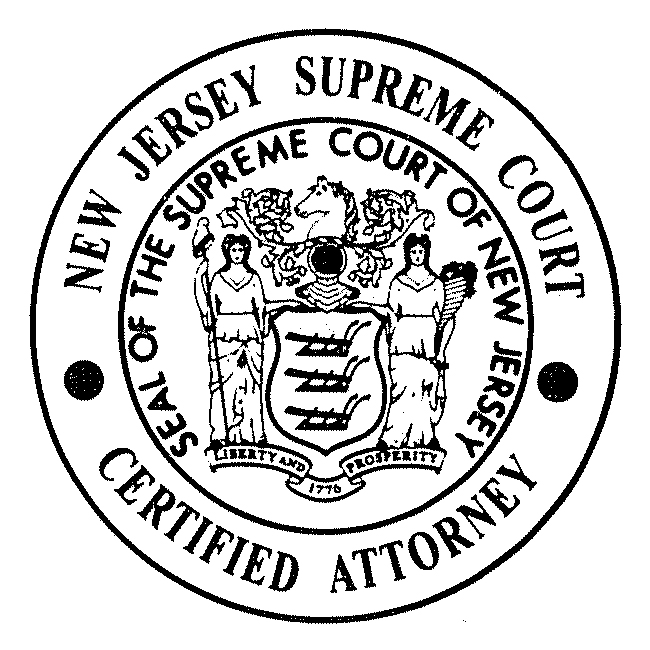Is Pneumonia Misdiagnosis Considered Medical Negligence in NJ? Understanding Your Rights

Pneumonia remains a formidable health challenge, affecting countless individuals across the globe every year. This respiratory condition, characterized by the inflammation of the air sacs in one or both lungs, presents a spectrum of severity—from mild discomfort to life-threatening intensity. It poses a particularly acute risk to infants, the elderly, and those with compromised immune systems or pre-existing health conditions. The stakes of diagnosing pneumonia accurately are incredibly high, as the success of any treatment hinges on the timely and correct identification of this disease.
The path to diagnosing pneumonia is fraught with challenges, including the risk of medical negligence, most notably through misdiagnosis. A misdiagnosis can lead to inappropriate or delayed treatment, worsening the patient’s condition and, in some cases, resulting in severe complications or even death. This article aims to unravel the complexities of medical negligence as it pertains to pneumonia misdiagnosis in New Jersey, providing essential guidance to victims and their families on seeking justice and compensation.
Understanding the Complexities of Pneumonia
Pneumonia can arise in various forms, such as community-acquired pneumonia (CAP), hospital-acquired pneumonia (HAP), and aspiration pneumonia, each distinguished by its specific causes, risk factors, and treatment methodologies. Symptoms commonly associated with pneumonia, including persistent coughing (potentially producing phlegm or blood), fever, chills, and difficulty in breathing, often overlap with those of other respiratory conditions, thereby complicating the diagnostic process.
The Diagnostic Challenge: Symptom Overlap and Clinical Hurdles
The significant overlap of pneumonia symptoms with those of other respiratory diseases, such as influenza and COVID-19, leads to confusion and misinterpretation. This similarity necessitates thorough diagnostic testing to accurately distinguish between these conditions. Moreover, the existence of various pneumonia types, each requiring a unique treatment approach, adds to the diagnostic complexity.
Healthcare professionals often face significant challenges in clinical settings that can contribute to diagnostic errors, including high patient volumes and limited resources. These challenges, coupled with limited access to advanced diagnostic tools in some facilities, increase the reliance on clinical judgment alone, leading to potential misdiagnoses.
Medical Negligence and Pneumonia Misdiagnosis in New Jersey
In New Jersey, medical negligence is characterized by a healthcare professional’s departure from the accepted standard of care, resulting in harm to the patient. In the context of pneumonia, a misdiagnosis may be deemed negligent if it can be demonstrated that a competent healthcare professional, under similar circumstances, would have accurately diagnosed the condition. It’s important to note that not every diagnostic error qualifies as negligence. To be considered actionable negligence, the misdiagnosis must stem from a failure to meet the expected standard of care within the medical community.
Legal Framework: Proving Medical Negligence in Pneumonia Misdiagnosis
Establishing medical negligence in cases of pneumonia misdiagnosis in New Jersey involves demonstrating several key legal criteria:
- Duty of Care: The existence of a physician-patient relationship, affirming the healthcare provider’s duty to the patient.
- Breach of Duty: Evidence that the healthcare provider failed to adhere to the standard of care expected in diagnosing pneumonia.
- Causation: A direct link between the misdiagnosis and the patient’s subsequent harm or worsening condition.
- Damages: Proof that the patient suffered physical, emotional, or financial harm as a direct result of the misdiagnosis.
The Importance of Timely Action: Understanding the Statute of Limitations in New Jersey
Victims seeking justice for medical negligence in New Jersey must be aware of the statute of limitations, which is generally two years from the date the act of malpractice occurred or was discovered. This timeframe underscores the importance of taking timely action to preserve the right to legal recourse.
Steps to Take Following a Pneumonia Misdiagnosis
If you suspect a misdiagnosis of pneumonia, it’s imperative to seek a second opinion, meticulously document all medical interactions, and consult with an experienced medical malpractice attorney. Legal expertise is invaluable in navigating the complexities of the legal process, adhering to the statute of limitations, and advocating for the compensation you rightfully deserve.
Contact Lombardi and Lombardi, P.A. Today For a Free Consultation To Discuss Your Medical Malpractice Case
If you or a loved one has suffered due to a pneumonia misdiagnosis, you’re not alone. Lombardi and Lombardi, P.A., with our seasoned team of New Jersey medical malpractice attorneys, is here to stand by your side. We understand the profound impact a misdiagnosis can have on your health, your emotional well-being, and your financial stability. Our commitment is to provide you with the personalized attention, respect, and aggressive representation you deserve.
At Lombardi and Lombardi, P.A., we combine our extensive legal knowledge, medical understanding, and a compassionate approach to ensure your rights are protected and you receive the compensation you’re entitled to. We navigate the complexities of medical malpractice claims with precision and dedication, aiming to make the process as straightforward and stress-free as possible for you and your family.
Don’t let the window for justice close on you. New Jersey’s statute of limitations means time is of the essence. Contact us today for a free consultation. Let us help you take the first step towards healing and recovery by securing the justice and compensation you deserve.






 CALL NOW
CALL NOW